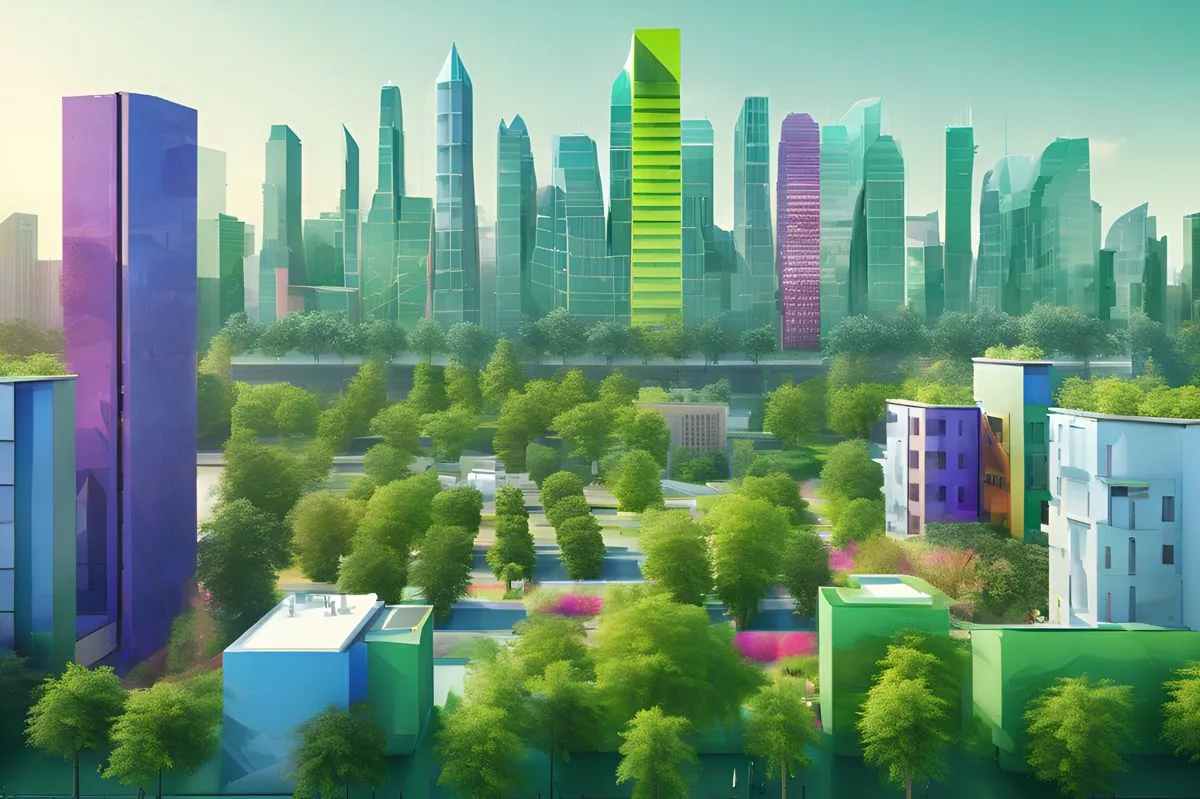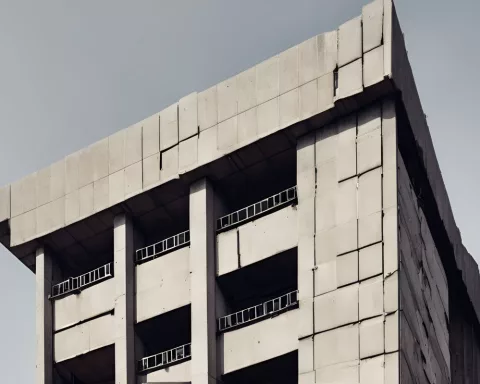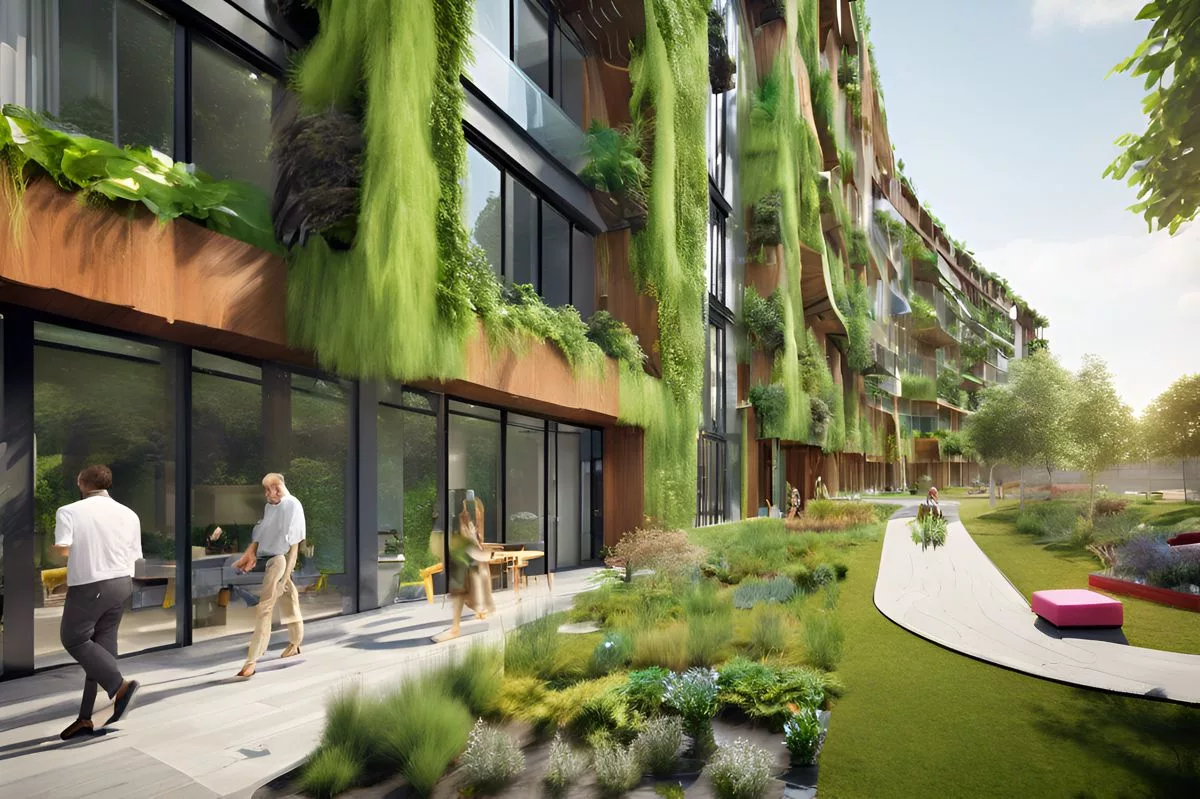Minister Mmamoloko Kubayi has a bright vision for the future of cities, where young people lead the way in making urban spaces better. She believes that with new ideas and teamwork, youth can tackle big problems like climate change and housing shortages. In her recent speech for World Habitat Day, she called for inclusive policies that bring everyone together, especially in South Africa where many are young. Kubayi’s plan also encourages research and collaboration, inviting students to help create smart solutions for our cities and rural areas alike. Her message is clear: by working together and thinking creatively, we can build a better future for all.
What is Minister Mmamoloko Kubayi’s vision for urban development?
Minister Mmamoloko Kubayi envisions a future where youth play a pivotal role in urban development. Her approach emphasizes innovation, inclusivity, and evidence-based policies, urging young individuals to become leaders and change agents in transforming urban landscapes and addressing challenges like climate change and urbanization.
Unleashing the Potential of Youth in Urban Development
On the occasion of World Habitat Day 2024, Minister Mmamoloko Kubayi delivered a speech that marked a significant moment in the field of human settlements. Her address stressed the critical role of youth and research in molding the urban landscapes of tomorrow. By focusing on themes of innovation and inclusivity, Kubayi painted a picture of a future where young people take the lead in urban development and policymaking.
In a country like South Africa, characterized by a predominantly youthful population, the theme “Engaging youth to create a better urban future” carries tremendous weight. Kubayi accentuated the necessity of involving young individuals in societal roles, recognizing them as both leaders and agents of change. This view is in harmony with historical and cultural movements that celebrate youth as drivers of transformation and social progression.
Kubayi’s address introduced a fresh Human Settlements Research Strategy, signaling a strategic shift towards policies grounded in evidence. This initiative aims to unveil the complex dimensions of human settlements, covering social, economic, and psychological factors. Such intricacy warrants an all-encompassing approach, akin to the multidisciplinary methods employed in modern urban planning.
Strategic Policy Frameworks and Innovative Solutions
As the Human Settlements White Paper approaches its final stages, Kubayi emphasized a policy framework focused on sustainability, spatial integration, and inclusivity. This document, the result of extensive stakeholder input, marks a significant step toward promoting equitable urban environments. Also under review is the Housing Code, which seeks to incorporate innovative strategies for creating integrated settlements.
Critics have often highlighted stagnation in human settlements policies, attributing it to a lack of innovative thinking and past reflection. This critique provides an opportunity for experimenting with novel concepts and policy tools. Areas such as inclusionary housing, new building technologies, urban densification, and small-scale rental housing require exploration, echoing the experimental spirit of avant-garde movements.
Addressing fiscal limitations, Kubayi stressed the importance of efficient resource management and the necessity of applied research. This practical approach calls for studies that yield tangible results, directly influencing urban growth and tackling the myriad challenges facing the sector. Issues like climate change, urbanization, and unstable governance demand solutions rooted in robust research and creative thinking.
Bridging Urban and Rural Challenges
While urban challenges often dominate discussions, Kubayi drew attention to the less acknowledged issues in rural human settlements. These areas suffer from depopulation, aging populations, and inadequate infrastructure. Her remarks suggested a dual focus on rural development and climate change adaptation, aligning with global sustainable development goals.
The outlined Research Agenda serves multiple purposes: informing policy creation, guiding resource allocation, and encouraging research collaboration. It acts as a guide for funders and development partners, pinpointing areas that need investment. The agenda also emphasizes capacity building, inviting student involvement in human settlements research and nurturing a new wave of thinkers and practitioners.
Understanding the complex relationship between policy, research, and practice, the Department foresees a research framework that not only supports current policies but also shapes long-term strategies. This comprehensive vision ensures the prioritization of research areas aligns with future goals, fostering a dynamic interaction between theory and practice.
Collaborative Efforts and Academic Synergy
Kubayi’s speech also introduced plans for cooperative research methods, including the creation of research chairs within higher education institutions. These positions will leverage academic expertise to support focused research, reflecting the collaborative spirit seen in global academic alliances.
Graduate students are encouraged to align their studies with the thematic areas identified in the Research Agenda. This integration of academia and policy work aims to bridge the gap between theoretical exploration and practical application, reminiscent of the Bauhaus movement’s unification of art, craft, and technology.
Kubayi also announced the signing of a Collaborative Framework Agreement with various stakeholders, marking a significant step forward in the sector’s research initiatives. This agreement exemplifies a commitment to collective action, akin to historical alliances that have driven social and technological progress.
As the world marks another World Habitat Day, Kubayi’s vision urges a united effort to secure adequate shelter for all. Her address not only highlights the challenges ahead but also instills hope for a future shaped by well-informed policies and active youth participation. The minister’s message is a clarion call for collaboration and innovation, essential elements in crafting sustainable and inclusive urban landscapes.
FAQ: Minister Mmamoloko Kubayi’s Vision for Urban Futures
What is Minister Mmamoloko Kubayi’s vision for urban development?
Minister Mmamoloko Kubayi envisions a future where youth play a pivotal role in urban development. Her approach emphasizes innovation, inclusivity, and evidence-based policies, urging young individuals to become leaders and change agents in transforming urban landscapes and addressing challenges like climate change and urbanization.
How does Minister Kubayi plan to involve youth in urban development?
Kubayi emphasizes the critical role of youth in her vision for urban futures. She encourages young people to engage as leaders and active participants in policy-making and urban planning, highlighting their potential to develop innovative solutions for pressing issues like housing shortages and climate change.
What are the key components of the Human Settlements Research Strategy introduced by Kubayi?
The Human Settlements Research Strategy aims to provide a comprehensive understanding of human settlements by examining social, economic, and psychological factors. It seeks to inform policy creation, guide resource allocation, and promote collaborative research efforts, ensuring that urban development is grounded in evidence and practical applicability.
What innovative solutions are being considered in the Human Settlements White Paper?
The Human Settlements White Paper emphasizes sustainability, spatial integration, and inclusivity. It includes provisions for exploring innovative strategies such as inclusionary housing, new building technologies, urban densification, and small-scale rental housing to create equitable urban environments.
How does Minister Kubayi address rural challenges alongside urban issues?
Minister Kubayi highlights the importance of acknowledging rural challenges, such as depopulation and inadequate infrastructure. Her vision promotes a dual focus on both urban and rural development, aligning with global sustainable development goals while addressing the unique issues faced by rural human settlements.
What collaborative efforts are being initiated to support the research agenda?
Kubayi’s vision includes the establishment of research chairs within higher education institutions to leverage academic expertise for focused research. Additionally, a Collaborative Framework Agreement with various stakeholders has been signed to promote collective action and enhance research initiatives in human settlements, fostering a strong link between academia and policy-making.












